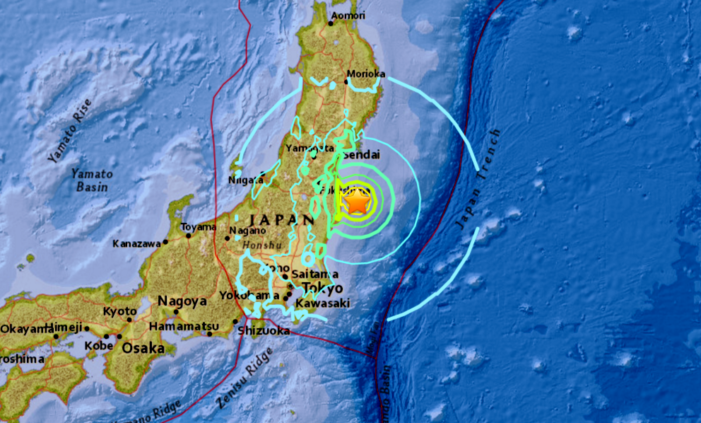Japan, a nation frequently subjected to seismic activity, recently experienced a significant earthquake. The quake, with a magnitude of 7.6, struck the Sea of Japan coast, resulting in four fatalities and prompting thousands to seek refuge in evacuation centres. Despite the quake’s intensity, Japan’s stringent disaster preparedness protocols and resilient infrastructure helped mitigate the damage.
The earthquake occurred on New Year’s Day, causing widespread disruption. A woman in her 80s was rescued from her collapsed home 72 hours post-disaster. The event highlighted Japan’s vulnerability to natural disasters and raised questions about the country’s push to reactivate its nuclear facilities.
Japan’s reputation as one of the world’s most disaster-ready nations is well-earned, thanks to its stringent seismic codes and culture of preparedness. This readiness is built on lessons learned from past disasters. The recent earthquake demonstrated Japan’s effective response mechanisms, where the damage was relatively minor despite the quake’s severity.
The earthquake significantly affected Japan’s infrastructure. Two million homes lost power initially, and a bullet train was derailed. However, no passengers were injured, and the Japan Meteorological Agency lifted a tsunami warning the following morning. By mid-morning, power was restored to most areas.
While the recent earthquake has raised concerns, it has also underscored the effectiveness of Japan’s disaster preparedness measures. The country’s ability to minimize damage and quickly restore services is a testament to its resilience. However, the event has also sparked debate about the country’s push to restart its nuclear plants, given their vulnerability to such disasters.
In conclusion, while earthquakes pose a significant threat to Japan, the country’s robust disaster preparedness measures and resilient infrastructure continue to minimize the impact of these events. The recent earthquake serves as a stark reminder of the country’s vulnerability to natural disasters, but also of its remarkable resilience.

